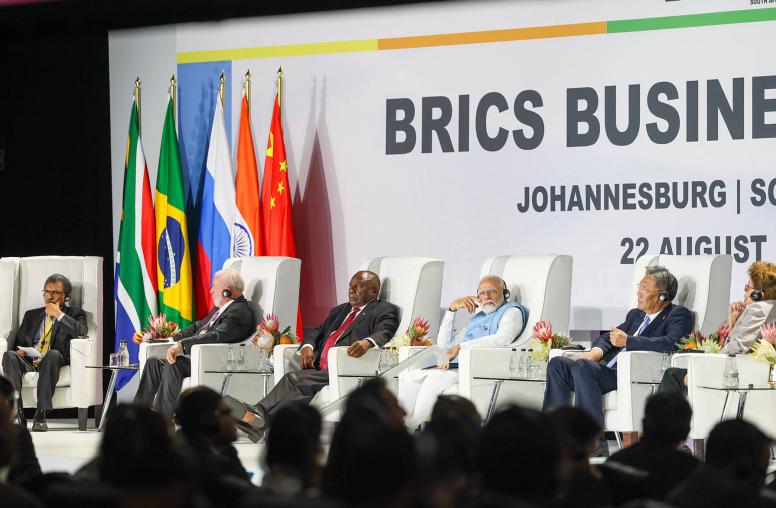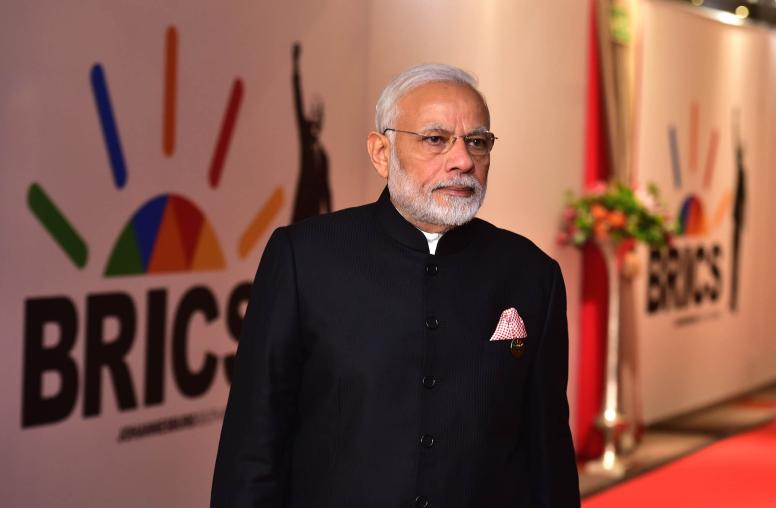India’s Foreign Policy Outlook: An Inflection Point?
A Conversation with Former Indian Foreign Secretary and Ambassador Nirupama Rao
How is India responding to rapid changes in the international environment? New Delhi has been managing an unprecedented border crisis with China, warily watching a peace process with the Taliban in Afghanistan, and navigating complex relationships with its neighbors—all amid the global COVID-19 pandemic. How does India define its foreign policy outlook and priorities in a changing global and regional order? Where do continued strong bilateral ties with the United States fit in?
On September 17, USIP hosted one of India’s foremost diplomats and scholars, former Foreign Secretary and former Ambassador to both China and the United States Nirupama Rao, for a candid conversation that explored how Indian leaders are managing challenges in the Indo-Pacific and what we may expect from Indian foreign policy going forward. Ambassador Rao reflected on her experience and the increasingly relevant lessons from her forthcoming book on India-China relations after World War II.
Speakers
Andrew Wilder, opening remarks
Vice President, Asia Center, U.S. Institute of Peace
Ambassador Nirupama Rao
Former Foreign Secretary of India
Former Indian Ambassador to China and the United States
Vikram Singh, moderator
Senior Advisor, Asia Center, U.S. Institute of Peace
Join the conversation on Twitter with #NirupamaRaoUSIP.



